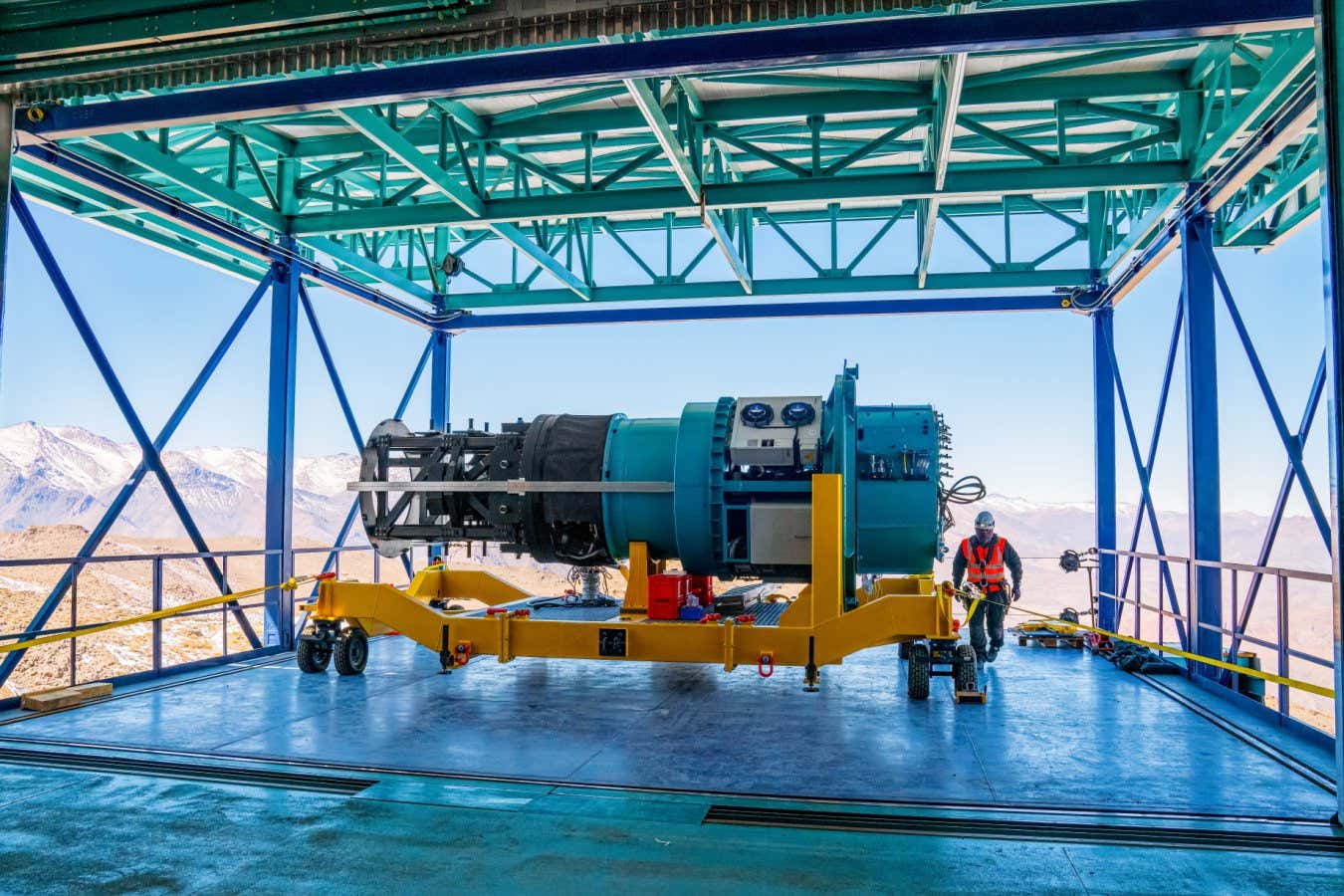
Nobody doubts that Albert Einstein had a brilliant mind. But the Nobel prizewinner, famous for his theories of special and general relativity, wasn’t blessed with a big brain. “It was smaller than average,” says Jeremy DeSilva at Dartmouth College in New Hampshire.
This seems surprising. Big brains are a defining feature of human anatomy, and one we are proud of. Other species might be speedy or powerful, but we thrive using the ingenuity that comes with a large brain. Or so we tell ourselves. Einstein’s brain hints that the story isn’t so simple – and recent fossil discoveries confirm this. Over the past two decades, we have learned that small-brained hominin species survived on Earth long after big-brained ones appeared. Moreover, evidence is growing that they were behaviourally sophisticated. Some, for instance, made complex stone tools that could probably only have been fashioned by individuals with language.
These discoveries turn the question of human brain evolution on its head. “Why would selection favour big brains when small-brained humans can survive on the landscape?” says DeSilva. Neural tissue consumes lots of energy, so big brains must surely have brought benefits to the few species that evolved them. But what?
An answer to this puzzle is beginning to emerge. It looks like brain expansion began as an evolutionary accident and then led to changes that caused this growth to spiral. Surprisingly, the sorts of changes that drove this expansion could also explain a more recent 10 per cent reduction in human brain size. What’s more, this suggests our brains may shrink further still – and might even cause humanity’s demise.
It is undeniable that…






Leave a Comment